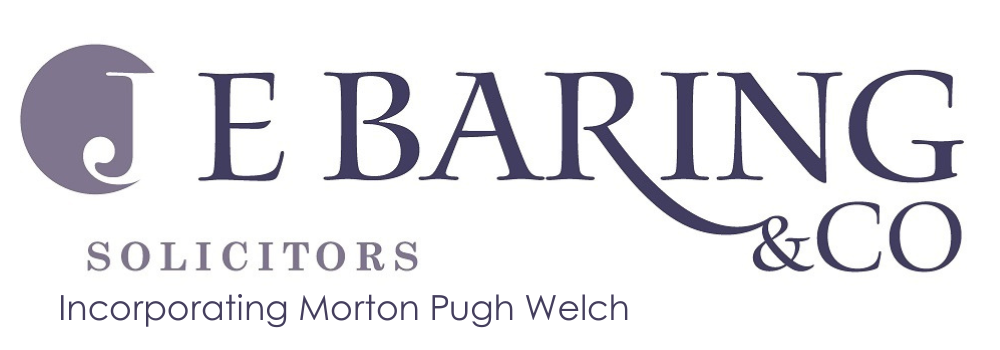Freehold or Leasehold – What Are the Main Differences You Need to Be Aware of as a Purchaser?
When purchasing a property in the UK, one of the first considerations you’ll encounter is whether the property is freehold or leasehold. This distinction is crucial, as it can significantly affect your rights, responsibilities, and the long-term costs associated with ownership. Here, we’ll explore the main differences between freehold and leasehold properties to help you make an informed decision.
What is Freehold?
If you buy a freehold property, you own the property and the land it stands on outright. This means you have full ownership until you decide to sell it, and there’s no time limit attached to your ownership. The benefits of freehold ownership include:
- Full Control: You’re not answerable to anyone regarding what you do with the property (subject to planning permissions and legal regulations).
- No Ground Rent or Service Charges: Freehold properties typically don’t require you to pay annual ground rent or service charges, which are often associated with leasehold properties.
- Long-Term Stability: Since you own the property outright, there are no issues with leases expiring or renewal fees.
However, you are solely responsible for the upkeep and maintenance of the property and the land it sits on, which can be costly.
What is Leasehold?
A leasehold property, on the other hand, means you own the property for a set period, as specified in the lease agreement, but not the land it’s built on. The landowner or “freeholder” retains ultimate ownership. When the lease expires, ownership typically reverts to the freeholder unless you extend the lease or buy the freehold outright.
Leasehold properties are common for flats and some houses, particularly new builds. Key aspects of leasehold ownership include:
- Lease Length: Lease terms can vary, but long leases (over 90 years) are preferable. Leases under 80 years can significantly impact a property’s value and make it harder to sell or remortgage.
- Ground Rent and Service Charges: Leaseholders often pay annual ground rent to the freeholder and service charges for the maintenance of communal areas, such as stairwells, gardens, or lifts.
- Restrictions: Lease agreements often include rules about what you can and cannot do with the property, such as restrictions on subletting, making structural changes, or even owning pets.
- Lease Extensions: Extending a lease can be costly, and the process becomes more expensive and complicated as the lease length decreases.
Key Considerations When Choosing Between Freehold and Leasehold
- Costs: Leasehold properties can appear more affordable upfront, but ongoing costs such as ground rent and service charges can add up. Be sure to account for these expenses in your budget.
- Control: Freehold properties offer greater autonomy, which may appeal to those who prefer fewer restrictions.
- Future Resale Value: Properties with short leases may be less attractive to future buyers, potentially impacting resale value and marketability.
- Property Type: Flats are almost always leasehold due to shared communal areas, while most houses are freehold. However, some new-build houses are sold as leasehold, so it’s worth double-checking the tenure before purchasing.
Recent Changes in Leasehold Law
The government has introduced reforms to make leasehold ownership fairer. For example, ground rents on new leasehold properties have been set to zero, and plans are underway to simplify the process of extending leases and buying freeholds. It’s essential to stay updated on these changes, as they could affect your rights and costs as a leaseholder.
Conclusion
Understanding the differences between freehold and leasehold is essential for making a well-informed decision when purchasing a property. While freehold offers complete ownership and fewer ongoing costs, leasehold may be more accessible but comes with additional financial and legal considerations. Before committing to a purchase, consult with a solicitor who can review the property’s title and lease agreement to ensure there are no unwelcome surprises.
If you’re considering buying a property and need advice on freehold or leasehold ownership, contact our experienced team of conveyancing solicitors today. We’re here to guide you through the complexities of property ownership and help you make the best choice for your future.
